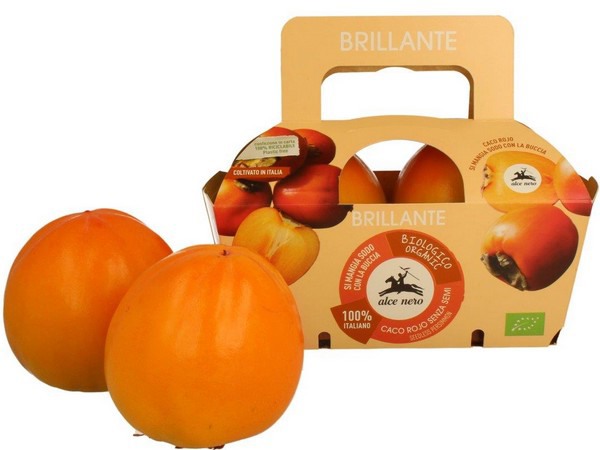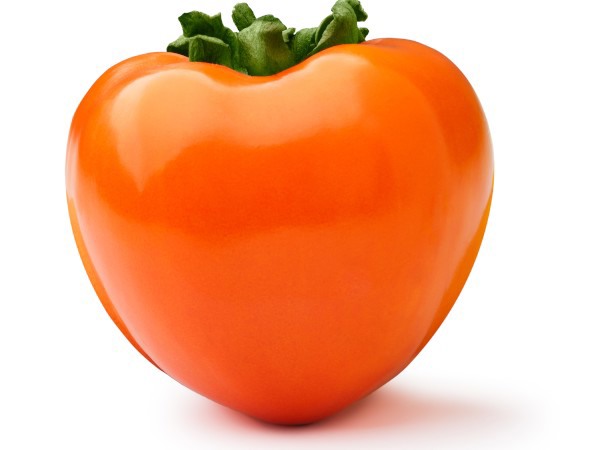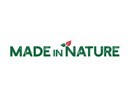The focus on product seasonality is one of the cornerstones of European organic production and thanks to the project Made in Nature: discover the principles of European organic farming, promoted by CSO Italy with the top Italian organic companies, including Brio, Canova, Conserve Italia, Lagnasco, Rk Growers and Verybio, the focus is also on niche seasonal produce. This is the case for the Rojo Brillante persimmon, also known as the apple kaki.

The Rojo Brillante persimmon is harvested between October and November and produces large fruit with bright red skin and orange-yellow flesh. It does not have seeds and remains firm for a considerable length of time, even when ripe.
Optimal ripening is achieved by exploiting carbon dioxide in a controlled atmosphere at 80-90%, at 20°C for 2/3 days. This is a natural ripening process that ensures fruit remains firm even when ripe.
The Rojo Brillante persimmon is ideal for organic production, because it is highly resistant to diseases and drought and doesn’t require fertilising or particular processing. One of the main producers of organic Rojo Brillante in Italy is Brio, which has recently launched sales of the product in attractive plastic-free packaging, with a tub with handles entirely made of paper, without the use of plastic and 100% recyclable; it contains two fruits, weighing a total of 600g.

As Mauro Laghi, Sales Director of Brio spa, declared, “this year, production of the Rojo Brillante has risen to 300,000 kg, for a total of 20 hectares cultivated in Emilia Romagna, Veneto and Calabria. We mainly produce for the Italian market, but the growth potential means we aim to target European markets too.”
The main outlet markets for Rojo Brillante persimmons are France and Germany, followed by the United Kingdom. Until a few years ago, German and even French consumers considered the persimmon an exotic fruit. Today, the interest of consumers in organic products is growing, primarily due to their health properties, as they are particularly rich in nutrients. The average spend for organic food in the European Union is 67 euro per year according to FiBL data, double the amount spent just 10 years ago. In the fresh fruit and vegetable sector, the organic share for subtropical fruit, which includes Rojo Brillante persimmons, increased by 17% between 2016 and 2018.
For more information:
Jessica Sabatini
Made in Nature
Tel: +39 059 7863894
Email: [email protected]
www.madeinnature.org










